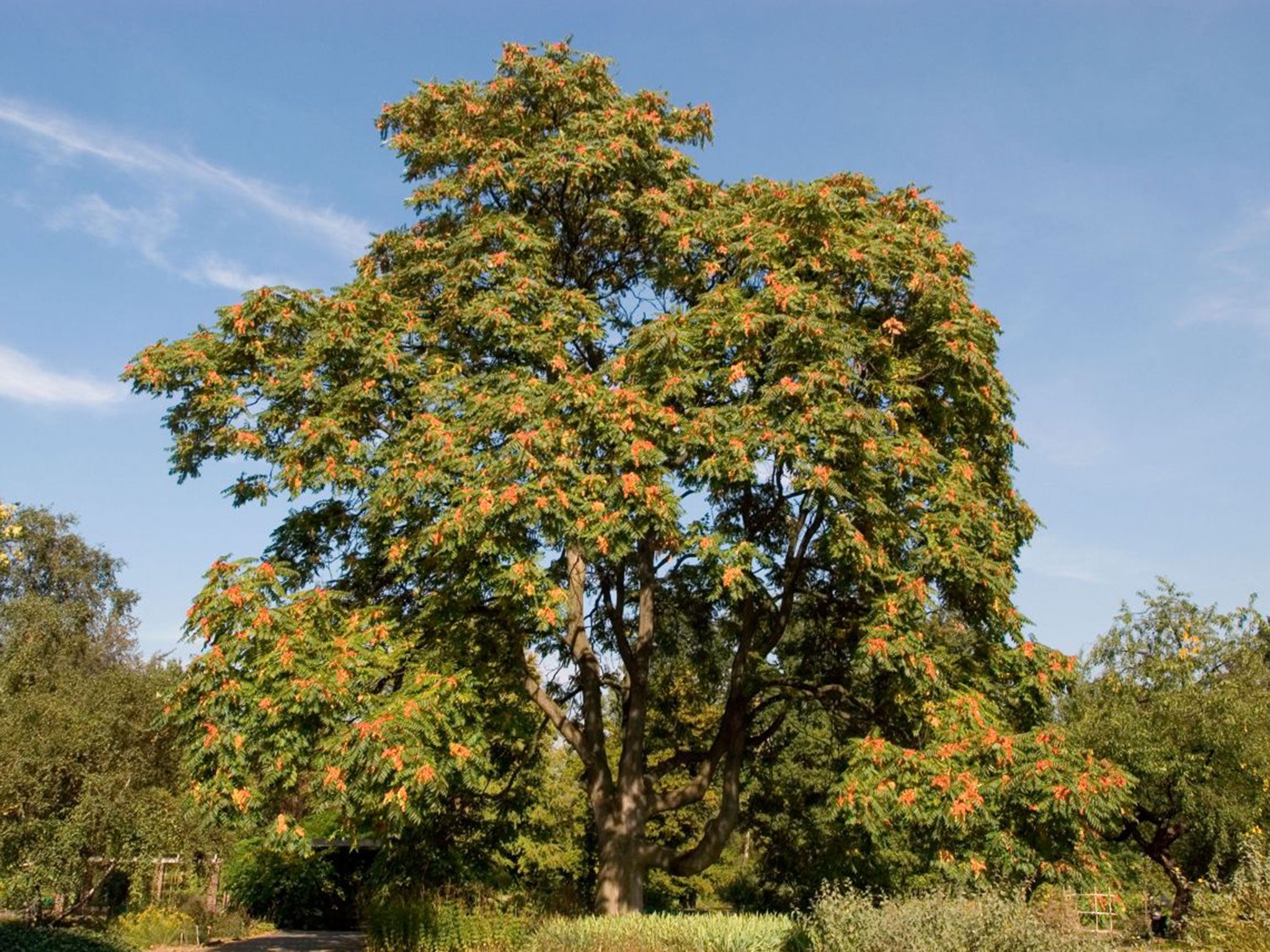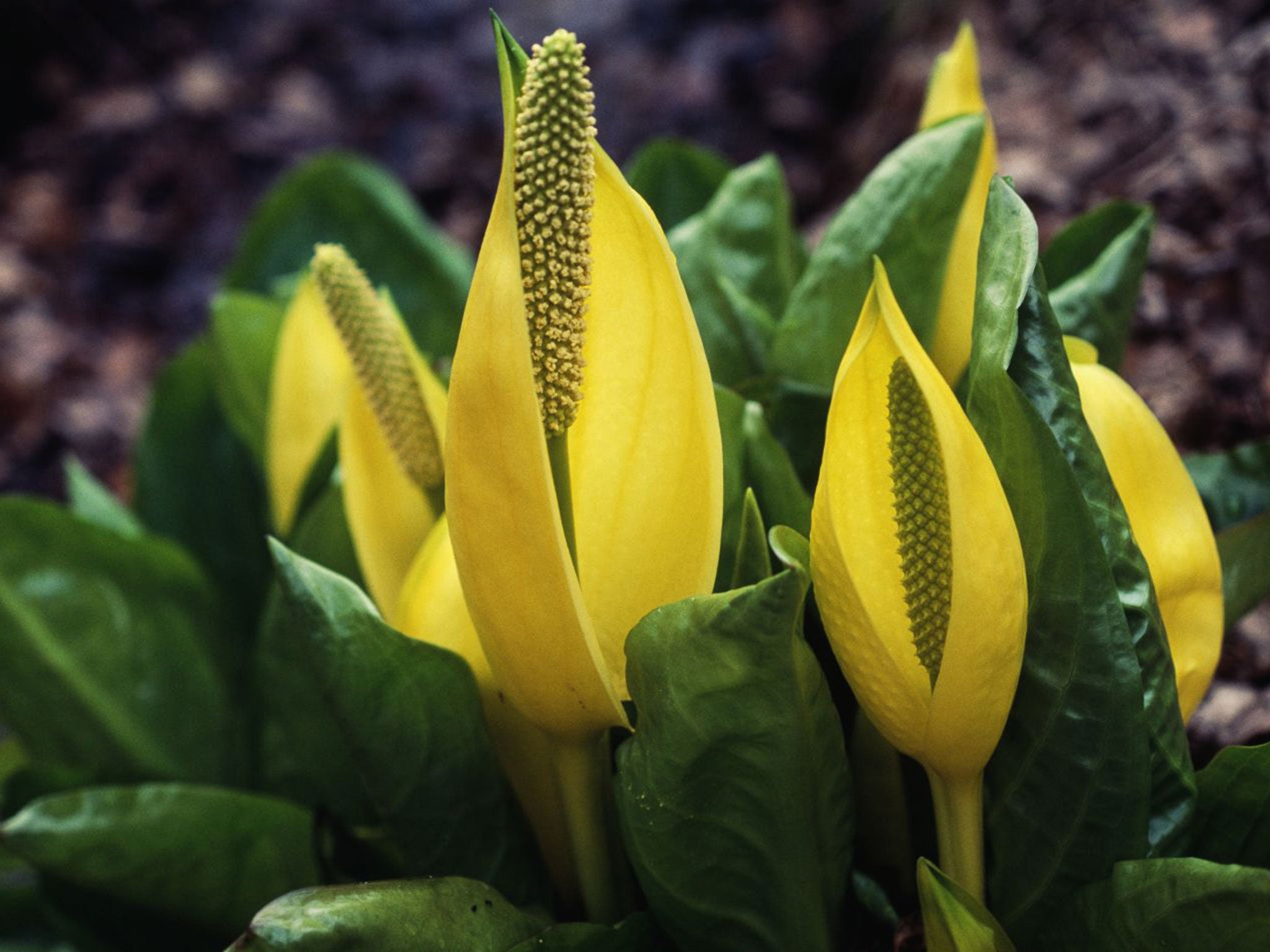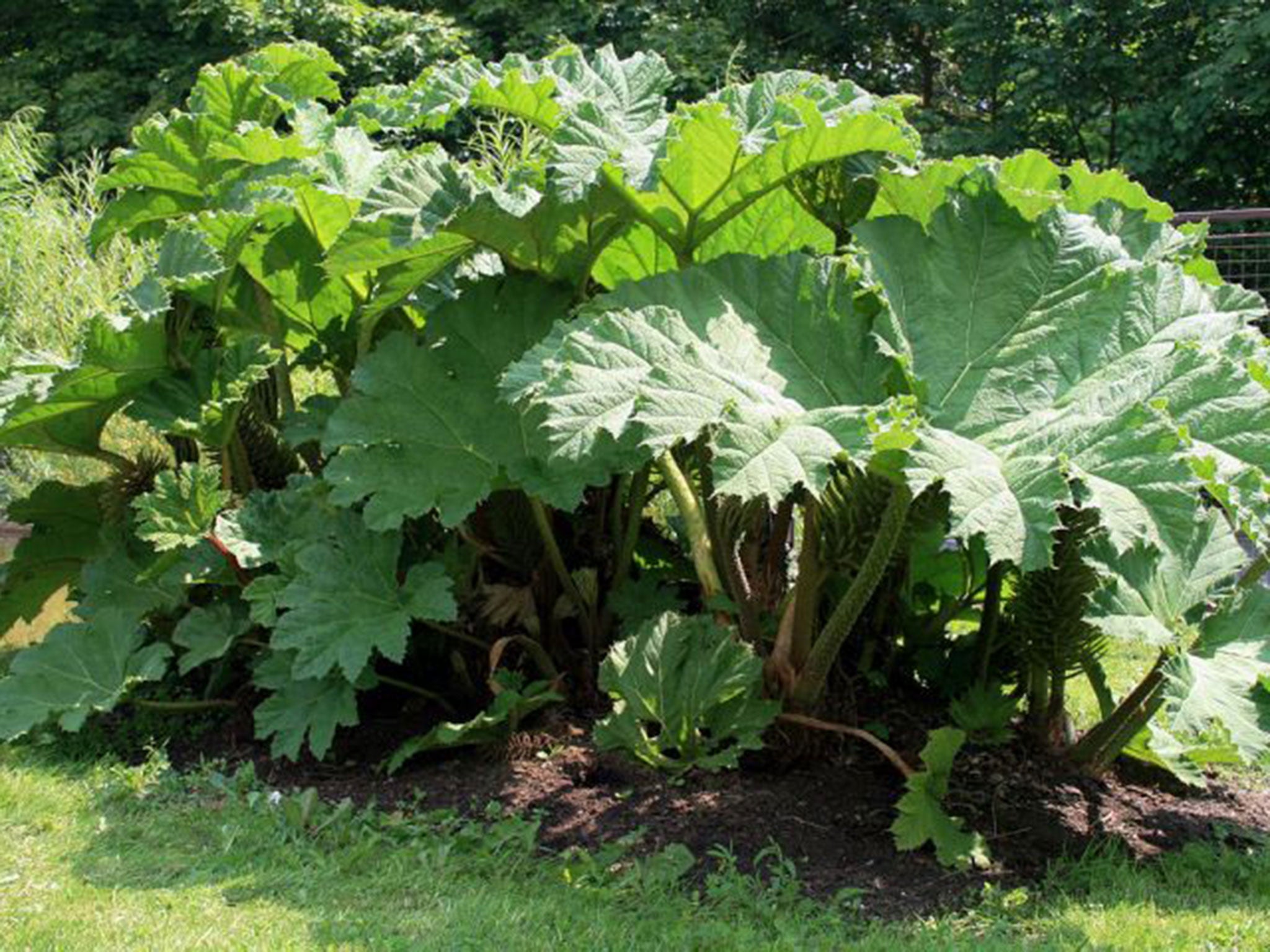Conservationists call for ban on 'Tree of hell' that threatens to damage native plants
Conservationists want an outright ban, but garden centres are reluctant to drop the fast grower

Your support helps us to tell the story
From reproductive rights to climate change to Big Tech, The Independent is on the ground when the story is developing. Whether it's investigating the financials of Elon Musk's pro-Trump PAC or producing our latest documentary, 'The A Word', which shines a light on the American women fighting for reproductive rights, we know how important it is to parse out the facts from the messaging.
At such a critical moment in US history, we need reporters on the ground. Your donation allows us to keep sending journalists to speak to both sides of the story.
The Independent is trusted by Americans across the entire political spectrum. And unlike many other quality news outlets, we choose not to lock Americans out of our reporting and analysis with paywalls. We believe quality journalism should be available to everyone, paid for by those who can afford it.
Your support makes all the difference.Dubbed the “tree of heaven” for its eagerness to reach up to the sky, Ailanthus altissima has become a favourite in many UK parks and gardens.
But conservationists are now calling for the “tree of hell” – as some have renamed this import from China – to be banned because of the threat it poses to native plants.
For, despite the angelic common name, it has a distinctly sinister side. The tree emits a poison to stop other species growing nearby, has a smell like rancid cashew nuts and sends out a mass of suckers that smother other plants.
However, despite such traits, the call for the tree to be added to the Government’s official list of banned, invasive species is likely to be fought vigorously by the garden-centre industry.
Dr Trevor Dines, a botanist with conservation group Plantlife, said the tree of heaven had become “quite popular” for planting along city streets and was also being sold as suitable for parks and landscaping schemes.
According to figures compiled by Plantlife, the number of trees of heaven in the UK has gone up by 115 per cent since 2000, making it the most rapidly spreading invasive species and ahead of piri piri burr (96 per cent) and American skunk cabbage (88 per cent), another smelly visitor to British gardens.
“We’re drawing experience from France and Spain where [trees of heaven] are a real problem,” Dr Dines said. “That’s where this term ‘tree of hell’ has been coined.
“It has a very thick underground root system that puts up shoots every five to 10 centimetres. It creates very, very dense thickets.
“If you travel throughout Europe, particularly the south of France and Spain, you’ll see whole areas, particularly urban areas, swallowed up by the tree of heaven.”
The tree’s roots are so strong and spread so rapidly that they even cause havoc on archaeological sites. “The thick root stock is very difficult to eradicate and it pushes up through buildings,” Dr Dines said.

In some parts of the world, the tree initially grows by as much as four metres a year – more than a centimetre a day – although between one and two metres is more usual. It can reach a height of 30m (100ft).
Plantlife plans to campaign to have tree of heaven added to the banned list along with a number of other plants. They are also seeking controls on some garden favourites such as cotoneasters.
Dr Dines said that the garden-centre industry was “still kicking and screaming” about the idea of outlawing plants. “They are not taking responsibility. There’s a feeling among many gardeners, and I’m a gardener myself, that you have a right to grow and cultivate what you like and there’s no responsibility for stopping things escaping into the wild,” he said.

Raoul Curtis-Machin, head of horticulture at the Horticultural Trades Association, said while tree of heaven “might become a weed in some areas” it was “not even hardy” in parts of Scotland. “We’re not in favour of going for outright bans,” he said. “We would rather do it through firm guidance, explaining to gardeners they should not be planting weeds.”
The Department for Environment, Food and Rural Affairs said it was reviewing which plant types should be banned. “Invasive species cost the UK economy over £1.8bn and threaten the survival of our own plants and animals,” a spokesman said.
Join our commenting forum
Join thought-provoking conversations, follow other Independent readers and see their replies
0Comments